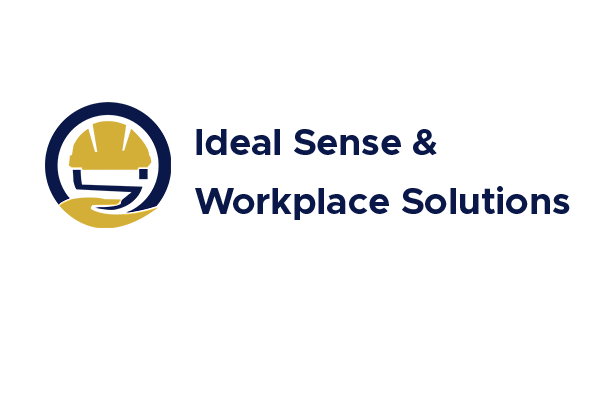Course Overview:
The PM&E framework emphasizes the importance of engaging stakeholders at every stage of the project cycle. By fostering active community involvement in decision-making, data collection, and evaluation processes, participants will learn to enhance the effectiveness and impact of their projects. By the end of the course, participants will have the skills to design and manage PM&E frameworks that support inclusive development and foster meaningful stakeholder engagement.
Duration
10 Days
Who Should Attend
- M&E professionals and project managers working in development projects.
- Development practitioners and consultants.
- Non-governmental organizations (NGO) staff responsible for project evaluation.
- Government and donor agency representatives involved in project oversight.
- Community leaders involved in development initiatives.
- Social researchers and academics interested in participatory approaches.
Course Objectives
By the end of this course, participants will be able to:
- Understand the principles and methodologies of participatory monitoring and evaluation.
- Design participatory M&E frameworks that include stakeholders in every phase.
- Identify appropriate tools and techniques for participatory data collection and analysis.
- Strengthen stakeholder ownership and accountability in development projects.
- Apply PM&E methods to ensure adaptive project management and continuous learning.
- Build effective communication strategies to share M&E results with stakeholders.
- Develop practical action plans for integrating participatory M&E into existing projects.
Course Outline:
Module 1: Introduction to Participatory Monitoring and Evaluation
- Overview of M&E and participatory methods.
- Historical evolution and importance of PM&E.
- Key differences between traditional and participatory M&E approaches.
Module 2: Principles of Participatory Development
- Understanding participatory development principles.
- Empowerment, accountability, and transparency in PM&E.
- Building trust and ensuring inclusivity in stakeholder engagement.
Module 3: Stakeholder Identification and Analysis
- Mapping stakeholders and their roles.
- Power dynamics and conflict management in participatory processes.
- Engaging marginalized groups in PM&E.
Module 4: Participatory Monitoring Tools and Techniques
- Overview of participatory tools (PRA, Focus Group Discussions, etc.).
- Data collection methods with active stakeholder involvement.
- Designing participatory indicators and monitoring frameworks.
Module 5: Participatory Evaluation Techniques
- Tools for participatory evaluation (Outcome Mapping, Most Significant Change).
- Collaborative analysis and data interpretation with stakeholders.
- Learning from evaluation: facilitating feedback and reflection sessions.
Module 6: Integrating Gender and Inclusion in PM&E
- Ensuring gender-sensitive approaches in PM&E.
- Addressing social inclusion and marginalized voices.
- Developing culturally appropriate participatory M&E strategies.
Module 7: Data Management and Analysis in PM&E
- Handling qualitative and quantitative data in participatory contexts.
- Using digital tools and technologies in participatory data collection.
- Participatory analysis and visualizing results.
Module 8: Communicating M&E Results with Stakeholders
- Strategies for effective communication and reporting.
- Creating accessible reports for diverse audiences.
- Facilitating stakeholder dialogues and feedback sessions.
Module 9: Adaptive Management and Continuous Learning
- How PM&E supports adaptive project management.
- Learning loops and how to adjust projects based on M&E findings.
- Ensuring sustainability of participatory M&E practices.
Module 10: Action Planning and Implementation
- Designing a participatory M&E action plan for specific projects.
- Case studies of successful PM&E implementation.
- Final presentations and feedback on developed PM&E plans.

